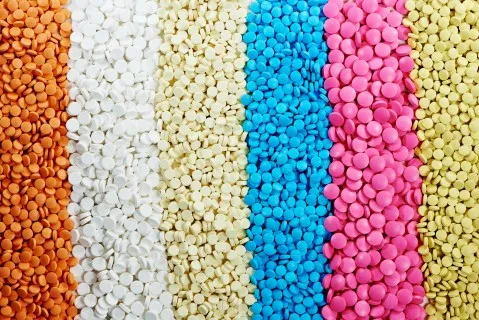
Singapore's pharma sector taps into generic medicine market to curb higher expenses
Their market share of sales is forecast to rise from 31.4% in 2017 to 38.9% by 2027 at $690m.
In 2017, Singapore's pharmaceutical market was valued at $1.22b (US$880m). Due to changing demographics that is leaning towards an ageing population, BMI Research expects that by 2022, pharmaceutical spending will hit $1.62b (US$1.31b), experiencing a five-year compound annual growth rate (CAGR) of 5.8% (8.1% in USD).
However, it noted that rising pharmaceutical expenses will place increasing pressure on both public and private health funding regimes and healthcare costs will remain a key concern for patients as the country ages. "Cost efficiency has been a long-held value of the Singapore public healthcare system and this has extended into controlling the funds spent on pharmaceuticals. Amongst the various tools, the use of generic drugs has become an effective strategy to reduce expenditure without compromising the quality of care," the firm added.
As a result, generic pharmaceutical companies will be presented with robust commercial opportunities in Singapore due to the widespread need to make medicines affordable for the population and healthcare providers. "Companies will be further aided by a stable business environment with clear approval pathway and a hospital tender process for generic medicines," the firm said.
BMI Research forecasts generic drugs to capture a larger share of the prescription medicine market, rising from 31.4% of total prescription sales in 2017 to 38.9% by 2027, amounting to a value of $690m (US$567m) by the end of the period.
Moreover, with a view to containing costs, government policy favours the use of generic medicines in public facilities and policymakers have been actively promoting the use of generic alternatives once original brands come off patent.
"The Health Sciences Authority (HSA) is also stepping up efforts to promote the availability of generic drugs in Singapore. A consortium comprising the HSA, Therapeutic Goods Administration, Health Canada and Swissmedic, have selected generic drug review as a priority area for collaboration and meets on a regular basis to exchange information on issues and challenges with the aim to better align the regulatory systems," BMI Research said. "The initiative aims to facilitate patient access to generic drugs through the convergence of regulatory requirements, promoting the more efficient use of available resources, reducing regulatory burdens and improving application approval times."
Another initiative covers the fast-track registration process for generic drugs imported from India was set up under a memorandum of understanding on economic cooperation between Singapore and India (which came into effect on 1 August 2005).
Foreign drugmakers are also currently the mainstay of the country’s generic drug market. BMI Research cited firms such as Actavis, which established a new Singapore headquarters for its Asia Pacific and Africa operations in April 2014, and Abbott Laboratories, which has a key focus in the branded generics space in therapeutic areas such as cardiovascular and respiratory.
Indian generic drugmakers have also begun to play a dominant role in the country following the expedited approval process agreed upon by the governments of the two countries.
"Leading the Indian generic push into Singapore is Ranbaxy Laboratories, which first established its operations in 2001 with 14 molecules covering a wide range of therapeutic segments including anti-infective and anti-depressant. Similarly, Strides Pharma Global, a subsidiary of Strides Arcolab, obtained an 'International Headquarters Status' by the Economic Development Board in January 2015, following a decision to build a new manufacturing facility in the country and to use Singapore as a launch board into South East Asia," the firm added.
How about the domestic players? They focus mainly on generic drugs and health supplement products, BMI Research said and cited privately-owned Beacons Pharmaceuticals which produces its own range of generic products as well as provides contract manufacturing and packaging services.
However, they are facing growing competition from foreign generic players, which are making inroads into the government tender market.
"A key risk to our upbeat outlook remains the lack of public information and education on generic drugs in Singapore," BMI Research said. "According to the Pharmaceutical Society of Singapore, doctors, pharmacists, as well as consumers, are often unaware of the availability of generic drugs in the country. This is because there remains little public disclosure by the HSA on the approval of generic medicines or the expiry of patents."

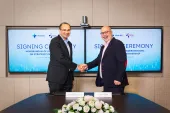
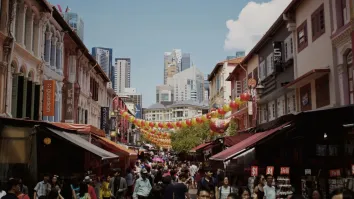
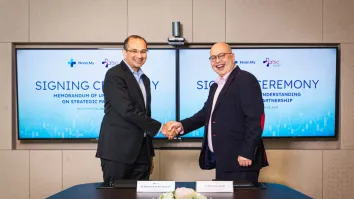
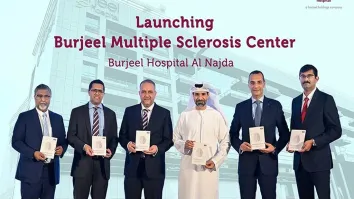
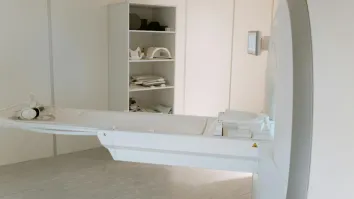
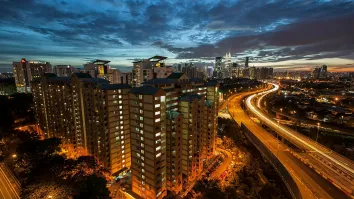
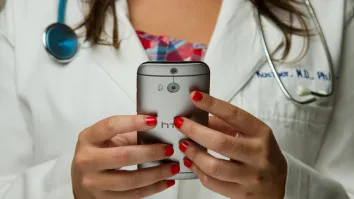
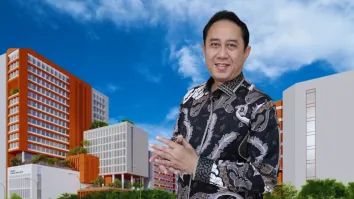
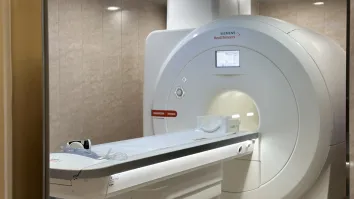
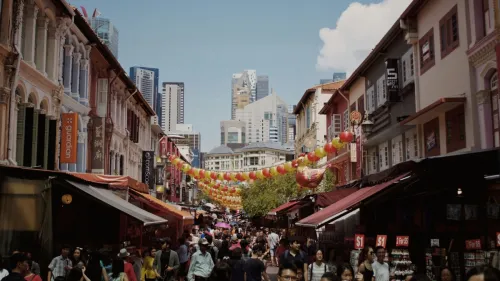


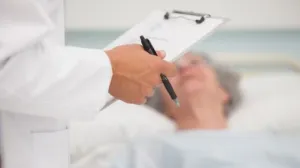





 Advertise
Advertise






